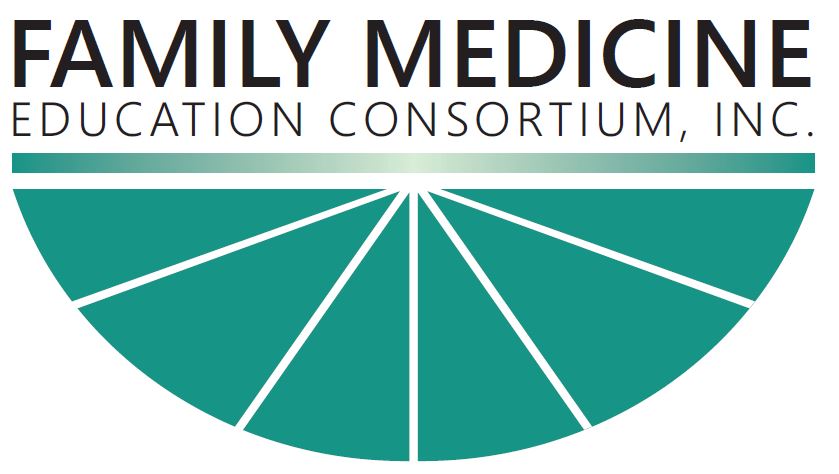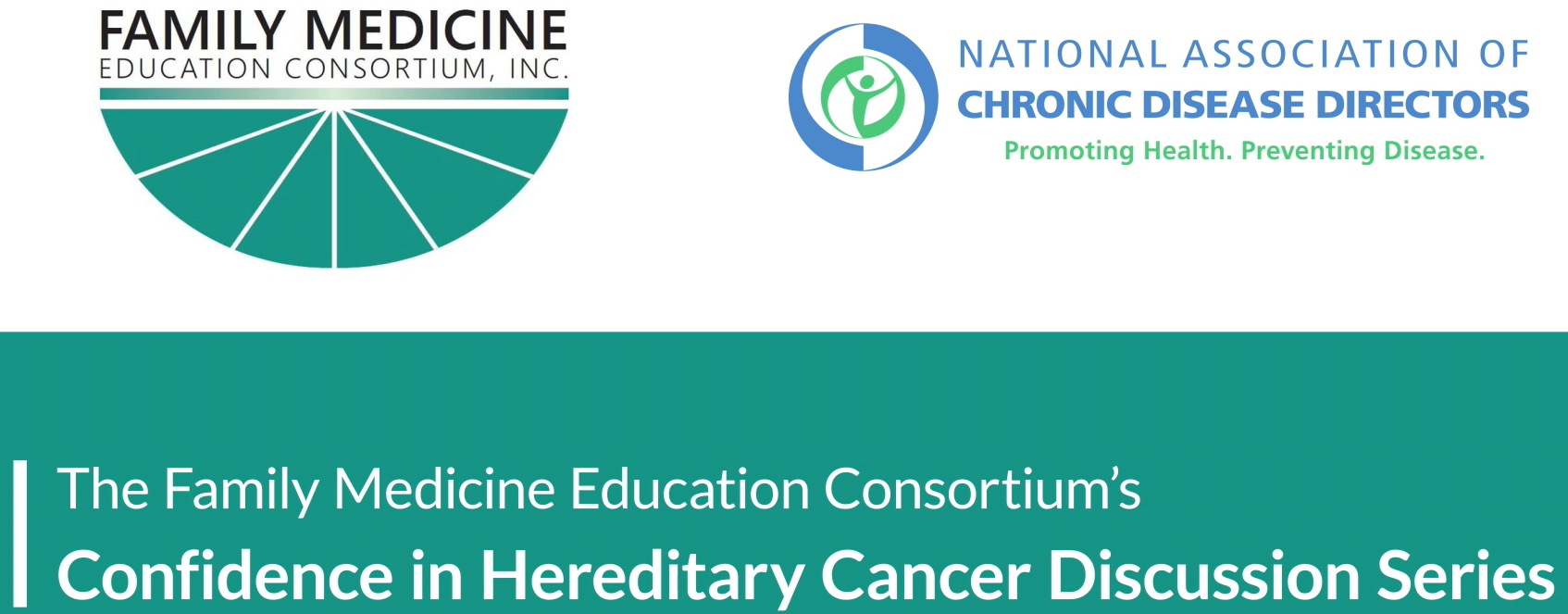|
|
| Module Name | AAFP Credits |
|
Narrative Medicine Background and Use in Family Medicine This module reviews the definition, history and core concepts of narrative medicine and helps physicians understand how narrative medicine can improve their practice, through improved physician-patient communication, empathy, and patient education. Learning Objectives. By the end of this module, learners will be able to:
Speaker: Philip G. Day, PhD, Associate Director of Education and an Assistant Professor of Family Medicine at the University of Massachusetts Chan Medical School |
0.25 Prescribed credits |
|
Narrative Medicine as a Tool to Support Patients with Hereditary Cancer Risk This module demonstrates how exploring a diverse range of patients’ hereditary cancer journeys and learning from other physicians' experiences can change physician perspectives and improve patient care. Learning Objectives. By the end of this module, learners will be able to:
Speaker: Maya Bass, MD MA FAAFP, Assistant Professor and Program Director, Department of Family Medicine, Cooper University |
0.25 Prescribed credits |
|
Setting up the Family Practice for Hereditary Breast Cancer Risk Assessment, Testing and Counseling, Part A This two-part module addresses setting up the family practice office to assess and manage patients who may have a higher risk of hereditary cancer due to genetic factors. It covers risk assessment tools, practice protocols, finding and working with genetic counseling and testing, and helping providers and patients understand genetic test results. Learning Objectives. By the end of this module, learners will be able to
Speaker: Susanna Evans, MD, Associate Professor and Hamot Endowed Chair, Department of Family, Community & Preventive Medicine, Drexel University College of Medicine. |
0.25 Prescribed credits |
|
Setting up the Family Practice for Hereditary Breast Cancer Risk Assessment, Testing and Counseling, Part B This two-part module addresses setting up the family practice office to assess and manage patients who may have a higher risk of hereditary cancer due to genetic factors. It covers risk assessment tools, practice protocols, finding and working with genetic counseling and testing, and helping providers and patients understand genetic test results. Learning Objectives. By the end of this module, learners will be able to
Speaker: Susanna Evans, MD, Associate Professor and Hamot Endowed Chair, Department of Family, Community & Preventive Medicine, Drexel University College of Medicine. |
0.25 Prescribed credits |
|
Working with Genetic Counselors This module helps primary care providers understand how genetic counselors are an important resource for patients who are considering genetic testing for hereditary cancers and other conditions and will address barriers and strategies to referring patients to genetic counselors. Learning Objectives. By the end of this module, learners will be able to:
Speaker: Uchenna Emeche, MD, Associate Medical Director, Medstar Franklin Square Family Health Center |
0.25 Prescribed credits |
|
Supporting Patients’ Common Questions and Concerns, Part A - Educational Resources for Talking with Families After Hereditary Cancer Screening The process of risk assessment, screening and testing for hereditary cancers can raise complex questions about insurance coverage, privacy, discrimination, and telling family members for patients. This module helps primary care providers understand some of the common questions that patients may have and how to help them. Learning Objectives. By the end of this module, learners will be able to:
Speaker: Tracey Conti, MD, Chair, Department of Family Medicine, UPMC and University of Pittsburgh |
0.25 Prescribed credits |
|
Supporting Patients’ Common Questions and Concerns, Part B - Common Questions about Insurance, Privacy, and Disclosure This module focuses on skills and resources physicians and their healthcare teams can use to support patients who have discovered they may carry a harmful gene in sharing information with their relatives and loved ones. Learning Objectives. By the end of this module, learners will be able to:
Speaker: Sarah Inés Ramírez, MD, Assistant Professor, Department of Family and Community Medicine, Penn State Cancer Institute |
0.25 Prescribed credits |
Resources and References - View and download the series resources and references here
Companion CME Modules
|
MODULE NAME |
Provider |
|
Understanding Early Onset Breast Cancer, Part I |
The American College of Obstetricians and Gynecologists (ACOG) |
|
Understanding Early Onset Breast Cancer, Part II |
The American College of Obstetricians and Gynecologists (ACOG) |
|
Genetic Testing for Breast Cancer Risk (CME) |
Jointly Provided by The Jackson Laboratory and the University of Connecticut School of Medicine Office of Community and Continuing Medical Education |
|
What Primary Care Physicians Need to Know About Multi-Cancer Early Detection Tests |
The American College of Osteopathic Family Physicians (ACOFP) |
Funding
NACDD’s Helping Families Communicate About Hereditary Breast or Ovarian Cancer project was supported by the Centers for Disease Control and Prevention of the U.S. Department of Health and Human Services (HHS) as part of a financial assistance award totaling $450,000, with 100 percent funded by CDC/HHS.
Planners, Writers, and Reviewers
Maya Bass, MD MA FAAFP, Assistant Professor and Program Director, Department of Family Medicine, Cooper University
Tracey Conti, MD, Chair, Department of Family Medicine, UPMC and University of Pittsburgh
Philip G. Day, PhD, Associate Director of Education and an Assistant Professor of Family Medicine at the University of Massachusetts Chan Medical School
Uchenna Emeche, MD, Associate Medical Director, Medstar Franklin Square Family Health Center
Susanna Evans, MD, Associate Professor and Hamot Endowed Chair, Department of Family, Community & Preventive Medicine, Drexel University College of Medicine.
Sarah Inés Ramírez, MD, Assistant Professor, Department of Family and Community Medicine, Penn State Cancer Institute
Disclosure Statement
The activity director, co-activity director, planning committee, writers, and reviewers involved in the Confidence in Hereditary Cancer Discussion for Primary Care Providers CME Series have no financial relationships with any companies that could be perceived as a conflict of interest. Furthermore, the modules within this series do not include any non-approved or investigational use of products or device.

